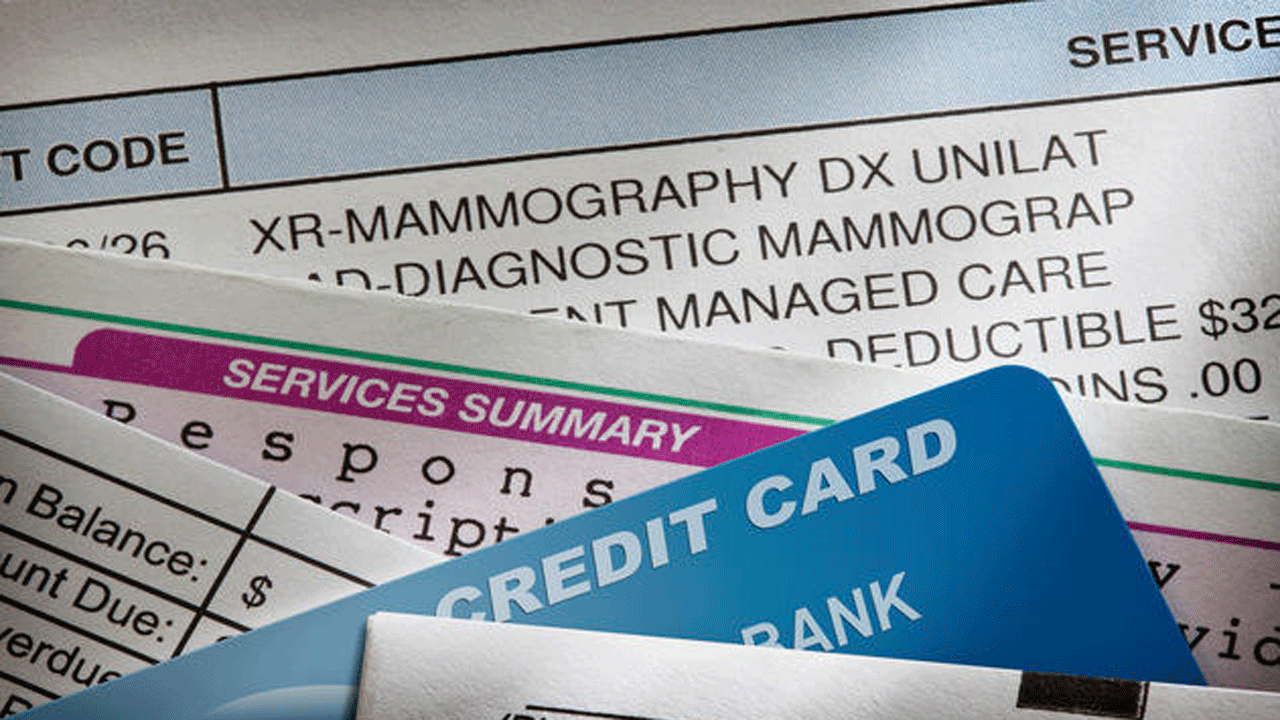
Your debt to income is the ratio of your monthly net income to your debts. If your debt is higher than your income, your debt-to-income ratio is higher. You should limit your credit card debt to 10% of your credit available in order to keep your ratio down. But, it may not always be possible.
Keep your debt to income ratio under 43%
For obtaining a loan, it is important to have a low debt-to–income ratio. A higher ratio could make it difficult to qualify for a loan. While the ratio is not fixed, there are generally accepted guidelines. Lenders should aim for a ratio of less than 43% in debt to income.

A lower debt-to-income ratio of less than 43% will make it more difficult to obtain a mortgage loan or other loan. A high DTI can limit your eligibility for home loans, and it could also lead to more costly and more restrictive terms. Lenders see high DTI borrowers as being more risky than others and may increase interest rates and penalize you for late payments.
A mortgage application will not be granted if your debt to income ratio is below 43%. While most lenders prefer a DTI of less than 43%, there are exceptions for certain loans. Using a debt management plan or debt relief program to reduce your debt-to-income ratio is a good way to increase your credit-worthiness.
Your credit card balances should not exceed 10% of your available credit
It is a great way to improve financial health by keeping your credit card debts under 10%. You'll save money on interest fees and penalties by paying your monthly bills on time. A low debt-to-credit ratio can be a key factor in increasing your net worth, according to wise investors. Your debt to credit ratio is based on dividing the total amount you owe on all your credit cards by the total amount of available credit.

You should also keep your credit utilization below 30%. With each purchase you make, your credit utilization rate fluctuates. Keeping it under 30 percent is the best way to maintain a healthy credit score.
FAQ
How much debt can you take on?
It is essential to remember that money is not unlimited. You'll eventually run out cash if you spend more money than you earn. It takes time for savings growth to take place. Spend less if you're running low on cash.
But how much is too much? There's no right or wrong number, but it is recommended that you live within 10% of your income. This will ensure that you don't go bankrupt even after years of saving.
This means that you shouldn't spend more money than $10,000 a year if your income is $10,000. You should not spend more than $2,000 a month if you have $20,000 in annual income. You shouldn't spend more that $5,000 per month if your monthly income is $50,000
The key here is to pay off debts as quickly as possible. This includes student loans and credit card bills. After these debts are paid, you will have more money to save.
You should consider where you plan to put your excess income. You may lose your money if the stock markets fall. If you save your money, interest will compound over time.
Let's suppose, for instance, that you put aside $100 every week to save. In five years, this would add up to $500. Over six years, that would amount to $1,000. You'd have almost $3,000 in savings by the end of eight years. By the time you reach ten years, you'd have nearly $13,000 in savings.
After fifteen years, your savings account will have $40,000 left. That's quite impressive. You would earn interest if the same amount had been invested in the stock exchange during the same period. Instead of $40,000, you'd now have more than $57,000.
This is why it is so important to understand how to properly manage your finances. A poor financial management system can lead to you spending more than you intended.
What is personal finance?
Personal finance refers to managing your finances in order to achieve your personal and professional goals. This includes understanding where your money is going and knowing how much you can afford. It also involves balancing what you want against what your needs are.
You can become financially independent by mastering these skills. That means you no longer have to depend on anyone for financial support. You're free from worrying about paying rent, utilities, and other bills every month.
Not only will it help you to get ahead, but also how to manage your money. It will make you happier. You will feel happier about your finances and be more satisfied with your life.
So, who cares about personal financial matters? Everyone does! Personal finance is the most popular topic on the Internet. According to Google Trends, searches for "personal finance" increased by 1,600% between 2004 and 2014.
People today use their smartphones to track their budgets, compare prices, build wealth, and more. They read blogs such this one, listen to podcasts about investing, and watch YouTube videos about personal financial planning.
According to Bankrate.com Americans spend on average four hours per day watching TV, listening and playing music, browsing the Internet, reading books, and talking to friends. This leaves just two hours per day for all other important activities.
Personal finance is something you can master.
Why is personal financing important?
A key skill to any success is personal financial management. Our world is characterized by tight budgets and difficult decisions about how to spend it.
Why then do we keep putting off saving money. Is it not better to use our time or energy on something else?
Both yes and no. Yes, because most people feel guilty if they save money. You can't, as the more money that you earn, you have more investment opportunities.
If you can keep your eyes on what is bigger, you will always be able spend your money wisely.
Financial success requires you to manage your emotions. If you are focusing on the negative aspects of your life, you will not have positive thoughts that can support you.
Your expectations regarding how much money you'll eventually accumulate may be unrealistic. This is because you haven't learned how to manage your finances properly.
These skills will prepare you for the next step: budgeting.
Budgeting is the practice of setting aside some of your monthly income for future expenses. Planning will allow you to avoid buying unnecessary items and provide sufficient funds to pay your bills.
Once you have mastered the art of allocating your resources efficiently, you can look forward towards a brighter financial tomorrow.
What is the difference between passive income and active income?
Passive income is when you make money without having to do any work. Active income requires hardwork and effort.
Active income is when you create value for someone else. When you earn money because you provide a service or product that someone wants. For example, selling products online, writing an ebook, creating a website, advertising your business, etc.
Passive income is great as it allows you more time to do important things while still making money. Most people don't want to work for themselves. They choose to make passive income and invest their time and energy.
The problem with passive income is that it doesn't last forever. If you wait too long to generate passive income, you might run out of money.
Also, you could burn out if passive income is not generated in a timely manner. So it's best to start now. If you wait until later to start building passive income, you'll probably miss out on opportunities to maximize your earnings potential.
There are 3 types of passive income streams.
-
There are several options available for business owners: you can start a company, buy a franchise and become a freelancer. Or rent out your property.
-
Investments - These include stocks, bonds and mutual funds as well ETFs.
-
Real Estate - this includes rental properties, flipping houses, buying land, and investing in commercial real estate
What is the easiest way to make passive income?
There are many ways to make money online. Most of them take more time and effort than what you might expect. How can you make extra cash easily?
You need to find what you love. That passion can be monetized.
For example, let's say you enjoy creating blog posts. Start a blog where you share helpful information on topics related to your niche. You can sign readers up for emails and social media by clicking on the links in the articles.
This is affiliate marketing. There are lots of resources that will help you get started. Here's a list with 101 tips and resources for affiliate marketing.
A blog could be another way to make passive income. You'll need to choose a topic that you are passionate about teaching. However, once your site is established, you can make it more profitable by offering ebooks, videos and courses.
While there are many options for making money online, the most effective ones are the easiest. You can make money online by building websites and blogs that offer useful information.
Once you've built your website, promote it through social media sites like Facebook, Twitter, LinkedIn, Pinterest, Instagram, YouTube and more. This is known content marketing.
What side hustles are the most profitable?
Side hustles can be described as any extra income stream that supplements your main source of income.
Side hustles can be very beneficial because they allow you to make extra money and provide fun activities.
Side hustles are a way to make more money, save time, and increase your earning power.
There are two types. Online businesses, such as blogs, ecommerce stores and freelancing, are passive side hustles. Some of the active side hustles are tutoring, dog walking and selling eBay items.
Side hustles that work for you are easy to manage and make sense. Consider starting a business in fitness if your passion is working out. If you love to spend time outdoors, consider becoming an independent landscaper.
You can find side hustles anywhere. You can find side hustles anywhere.
You might open your own design studio if you are skilled in graphic design. Perhaps you are a skilled writer, why not open your own graphic design studio?
Do your research before starting any side-business. This way, when the opportunity arises, you'll be ready to jump right in and take advantage of it.
Side hustles can't be just about making a living. Side hustles are about creating wealth and freedom.
With so many options to make money, there is no reason to stop starting one.
Statistics
- While 39% of Americans say they feel anxious when making financial decisions, according to the survey, 30% feel confident and 17% excited, suggesting it is possible to feel good when navigating your finances. (nerdwallet.com)
- Mortgage rates hit 7.08%, Freddie Mac says Most Popular (marketwatch.com)
- Etsy boasted about 96 million active buyers and grossed over $13.5 billion in merchandise sales in 2021, according to data from Statista. (nerdwallet.com)
- These websites say they will pay you up to 92% of the card's value. (nerdwallet.com)
- 4 in 5 Americans (80%) say they put off financial decisions, and 35% of those delaying those decisions say it's because they feel overwhelmed at the thought of them. (nerdwallet.com)
External Links
How To
Passive Income Ideas To Improve Cash Flow
You don't have to work hard to make money online. Instead, passive income can be made from your home.
Automation could also be beneficial for an existing business. If you are thinking of starting a business, you might find that automating parts of your workflow can help you save time and increase productivity.
The more automated your company becomes, the more efficient you will see it become. This allows you to spend more time growing your business than managing it.
Outsourcing tasks can be a great way to automate them. Outsourcing allows you to focus on what matters most when running your business. By outsourcing a task, you are effectively delegating it to someone else.
You can now focus on what is important to your business while someone else takes care of the details. Because you don't have to worry so much about the details, outsourcing makes it easier for your business to grow.
You can also turn your hobby into an income stream by starting a side business. You can also use your talents to create an online product or service. This will help you generate additional cash flow.
Articles are an example of this. You can publish articles on many sites. These websites offer a way to make extra money by publishing articles.
You can also consider creating videos. Many platforms now enable you to upload videos directly to YouTube or Vimeo. You'll receive traffic to your website and social media pages when you post these videos.
You can also invest in stocks or shares to make more money. Investing in shares and stocks is similar to investing real estate. Instead of renting, you get paid dividends.
When you buy shares, they are given to you as part of your dividend. The size of the dividend you receive will depend on how many stocks you purchase.
If you sell your shares later, you can reinvest the profits back into buying more shares. In this way, you will continue to get paid dividends over time.